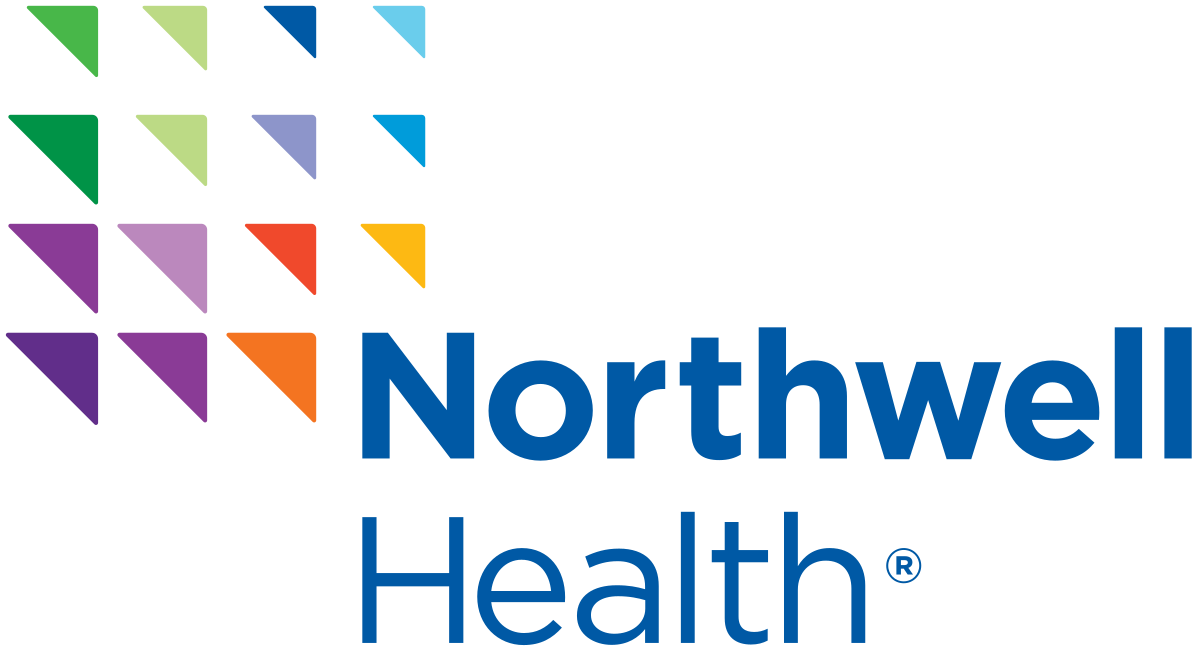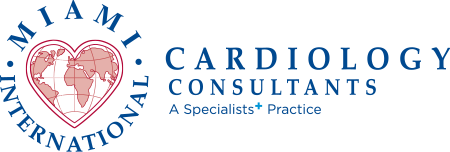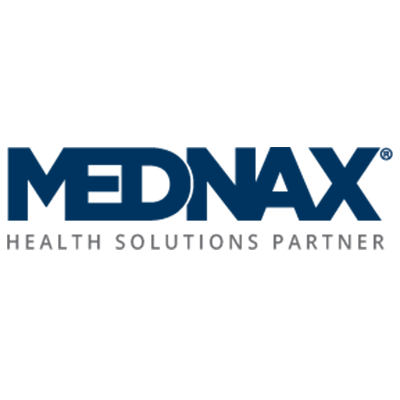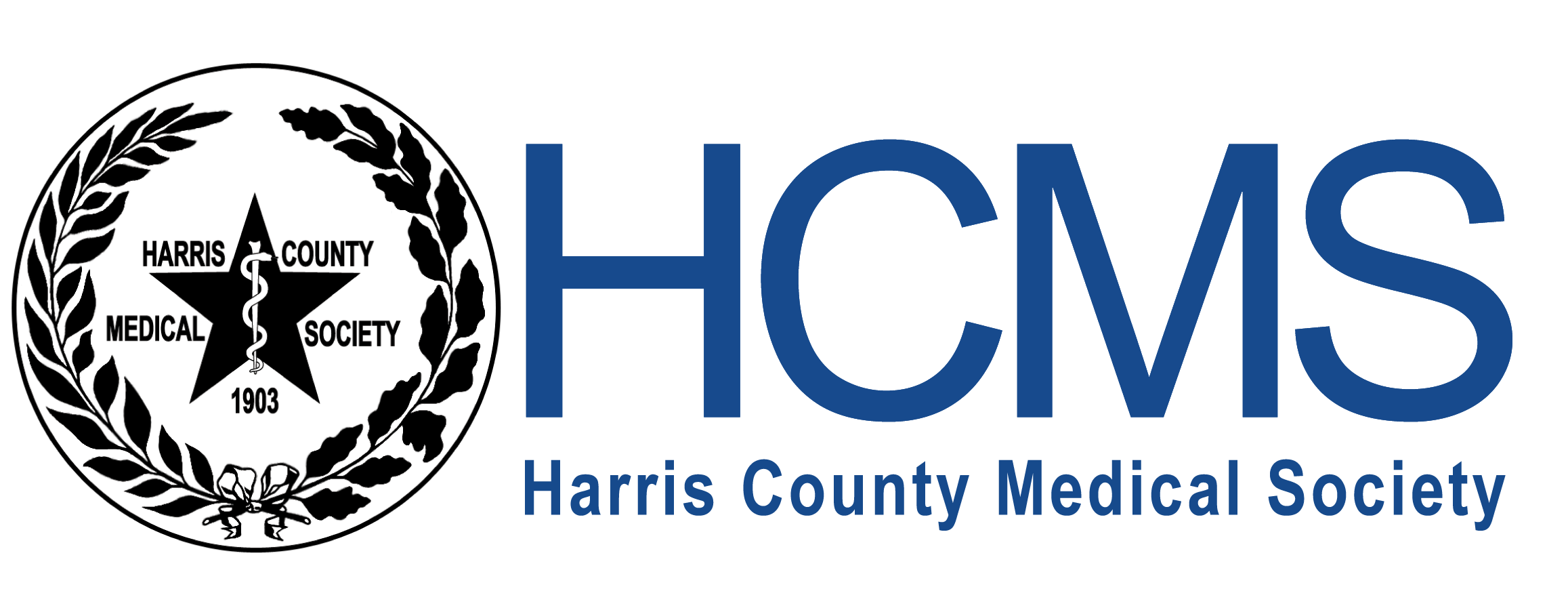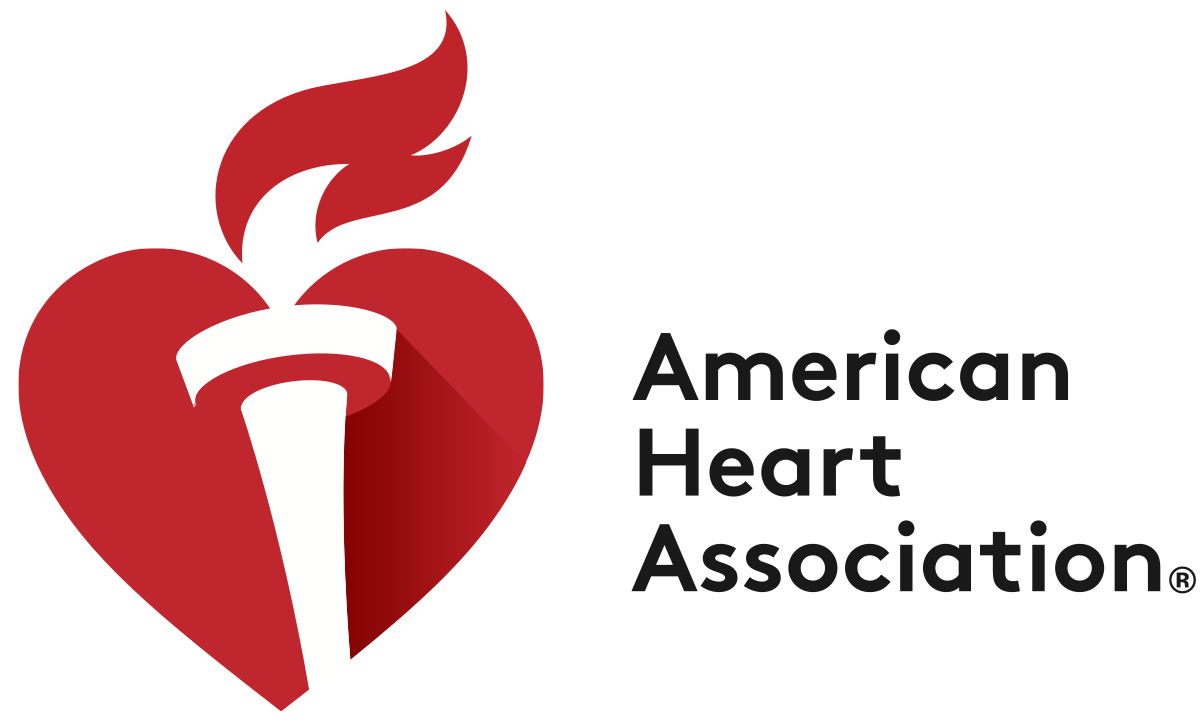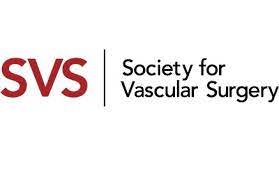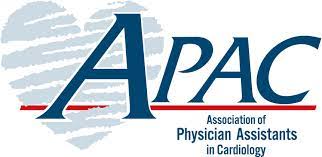Hypertrophic Cardiomyopathy
Hypertrophic cardiomyopathy is a disease in which the heart muscle, or myocardium, becomes thickened. This condition makes it difficult for the heart to pump blood. In some cases, it can also cause damage to the heart's electrical system.
Hypertrophic cardiomyopathy is typically caused by a gene mutation that causes the heart muscles to thicken beyond their normal size. In some cases of hypertrophic cardiomyopathy, the heart muscle fibers are arranged in an abnormal fashion. This abnormal arrangement of heart muscle fibers can result in an irregular heartbeat, or arrhythmia.
Types of Hypertrophic Cardiomyopathy
The condition can be further classified into two subcategories, hypertrophic obstructive cardiomyopathy and hypertrophic nonobstructive cardiomyopathy.
Hypertrophic Obstructive Cardiomyopathy
Hypertrophic obstructive cardiomyopathy, or cardiomyopathy with obstruction, is present in roughly 70 percent of people suffering from hypertrophic cardiomyopathy. In this version of the condition, the wall between the ventricles becomes enlarged which blocks blood flow.
Hypertrophic Cardiomyopathy without Obstruction
Hypertrophic cardiomyopathy without obstruction, also known as nonobstructive hypertrophic cardiomyopathy, is the hardening of the left ventricle. While slightly less severe than hypertrophic obstructive cardiomyopathy, this version of the condition reduces the amount of blood the ventricle can process.
Symptoms of Hypertrophic Cardiomyopathy
Symptoms of hypertrophic cardiomyopathy include the following:
- Shortness of breath
- Dizziness
- Fatigue
- Palpitations
- Chest pain
- Fainting
- High blood pressure
- Heart murmur
Diagnosing Hypertrophic Cardiomyopathy
In order to diagnose a patient with hypertrophic cardiomyopathy, an echocardiogram, which produces images of the heart's muscles, is performed. Additional tests may include the following:
- Electrocardiogram (ECG)
- Cardiac MRI
- Holter monitoring
- Cardiac catheterization
- Genetic counseling
- Blood tests
- Chest X-ray
If there is a family history of hypertrophic cardiomyopathy, screening may recommended.
Treatment of Hypertrophic Cardiomyopathy
Treatment of hypertrophic cardiomyopathy focuses on easing symptoms in three possible ways. Medications to relax the heart muscle, and blood thinners to reduce the risk of blood clots, are often prescribed to allow the heart to pump at a normal rate. Surgery to remove part of the hardened heart muscle, known as a septal myectomy, or valve replacement or repair, may be necessary. Alternatively, a pacemaker or an implantable cardioverter defibrillator (ICD) may be implanted to help control arrhythmia.

